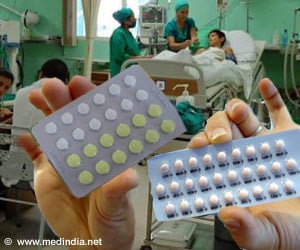A study said that Asia's tourism industry must prepare for major changes in the next 20 years, including a projected boom in travel by senior citizens and female business executives.

"Significant new traveller segments will emerge, such as the female business traveller, the small business traveller and the senior traveller, all of which have different aspirations and requirements from the travel experience," it said.
One of the fastest growing segments is travel among those over 65 as Asia's population ages.
More female business executives are also travelling as many Asian women rise on the corporate ladder, said the study which covered Australia, China, India, Indonesia, Japan, Singapore and South Korea.
China is expected to have the biggest rise in the number of outbound travellers aged over 65, with the figure projected to rise to 12.6 million by 2030 from only 1.7 million in 2011, it said.
Outbound senior travellers from India are projected to jump to 7.3 million from 1.3 million over the same period, with Indonesia forecast to register a fourfold growth in senior travel, the study said.
Advertisement
Providing women-only floors at hotels and understanding the way females make travel decisions are among the ways to win their business, it said.
Advertisement








